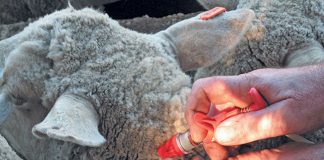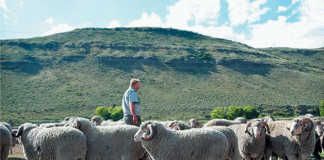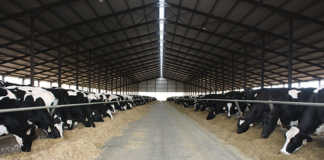
South Africa’s farmers are expected to make a profit while the terms of trade – the ratio between input and output prices – continue to deteriorate. As if this were not challenging enough, they also face many ‘disrupters’, factors that interfere with their normal business operations.
Farm-level disrupters
Technological change is the major disrupter here. Precision crop production technology with advanced GPS systems, voluntary milking systems (robots), and sensors and drones that monitor crops and livestock have changed the face of farming.
Biotechnology is another disrupter. The development of genetically modified (GM)maize resistant to bollworm and herbicides has seen an enormous increase in yields and a reduction in the use of chemicals. Further development will include the introduction of drought-resistant varieties.
Animal biotechnology also faces interesting challenges with genomic selection of superior breeding animals already here.
A disease outbreak can disrupt farming and even affect a country’s food security. Drought and other natural disasters such as floods and untimely frost are further disrupters.
Downstream disrupters
Farmers must be able to sell the products they produce. Therefore the market can and does dictate exactly how farmers should treat their livestock, workers, land and environment. Today’s consumers, influenced by retailers, are highly concerned about the use of GM crops, animal welfare and environmental protection.
Retailers use labels such as ‘non-GM’ and ‘hormone-free’ to convince consumers to buy Product A rather than the practically identical Product B.
Moreover, there is a growing trend towards vegetarianism and veganisim in developed countries. According to one report, in 2014 only 1% of US consumers claimed they were vegans, but in 2017, this had increased to 6%. The same trend is evident in most developed countries.
While one cannot, of course, dispute a consumer’s right to choose, the problem is that, in order to supply these consumers’ requirements, processors make artificial livestock products such as imitation cheese and butter.
Political disrupters
Political changes (and even threats) can also disrupt farming. Policy certainty is needed for investment.
Managing disrupters
Size matters. Most technology is scale-dependent, requiring a certain size of operation before the technology becomes economically viable. This makes it almost impossible for small-scale operators to use the newer technology.
GM technology, however, is not scale-dependent. A farmer who plants 50ha of GM maize can gain the same benefit per hectare as one who plants 5 000ha.
However, consumer preferences might limit the use of production-improving GM technology. It is therefore important that regulations governing the correct use of GM seed be followed to the letter. Consumers should be informed of the real facts about GM, particularly the higher cost of not using GM crops.
Biosecurity has to be managed both on-farm and nationally. Farmers should be familiar with disease, take care when introducing livestock into their herds, limit the number of people who have access to the animals, follow immunisation programmes, and ensure that the animals are healthy.
On a national level, biosecurity requires a well-functioning government animal health system. With inputs from the private sector, we may eventually get such a system in South Africa.
Finally, we have to convince consumers that farmers produce safe, wholesome, affordable food and fibre products while taking good care of the environment and the workers and their families on farms.
If disruptions are managed well, they can result in higher profits.












